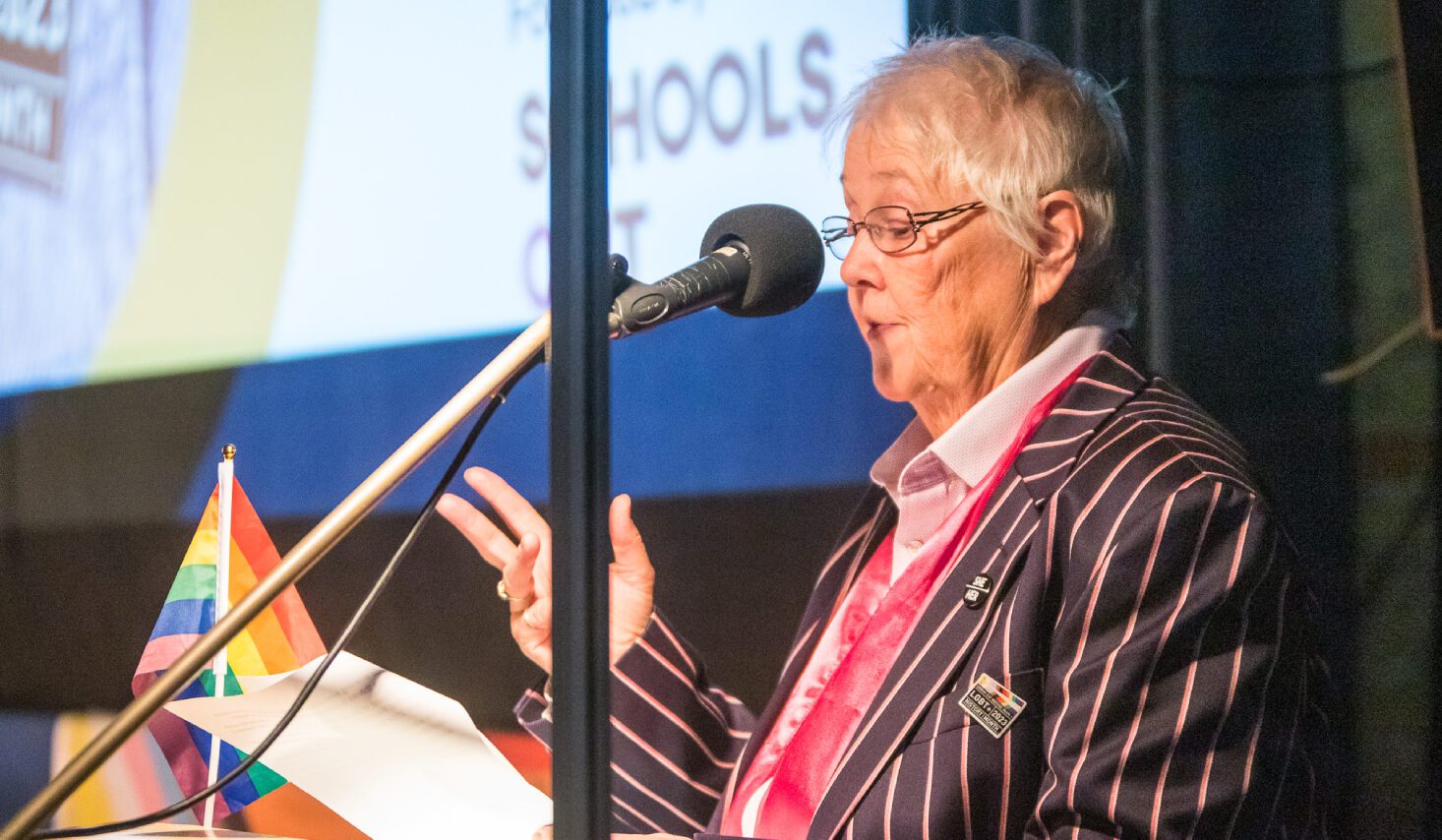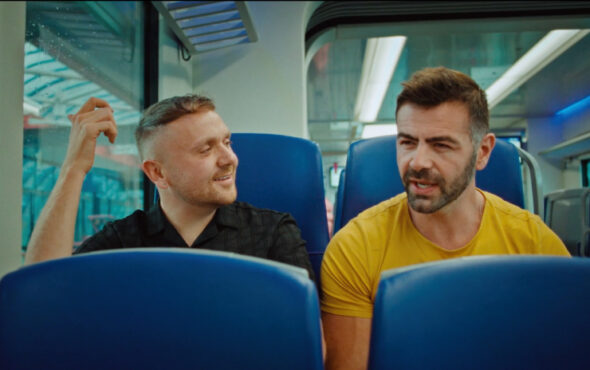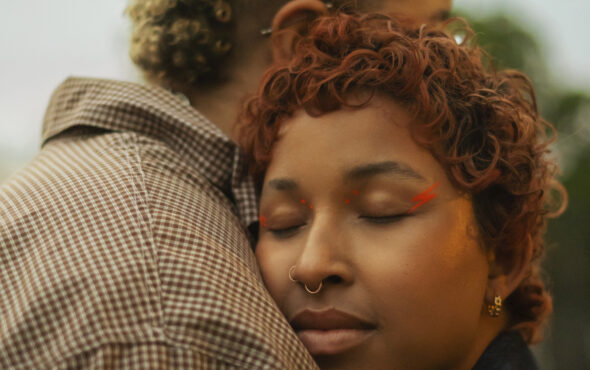
Sue Sanders is co-founder of LGBT+ History Month and a tireless advocate for LGBTQ+ people. Throughout February there is now a rich annual tapestry of events, helping us to understand how history shaped our identities.
I caught up with Sue for International Women’s Day and Women’s History Month, which takes place on 8 March and across the month, to chat about intersectional history and the challenges facing LGBTQ+ people and women.
I began by asking what International Women’s Day means to her?
As a radical feminist it’s really important to me that there is recognition of the work women have done over the years. In this country we haven’t even had the vote for 100 years. Think how hard we’ve had to work as women to get our human rights and the majority of women around the world still don’t have them. It’s that constant reminder of the need to recognise the position of women, both in this country and around the world. It’s crucial as a reminder of the work that needs to be done.
February was LGBT+ History Month. What was the highlight of the “Behind the Lens” theme for you?
When we started it back in 2005, we didn’t have a theme. We started thinking about themes when we had the Olympics in London, so we had a two-year run up looking at sport and LGBTQ+ issues. We chose themes which link with the curriculum. LGBT+ History Month was started by two teachers. Paul Patrick was a full-time teacher and I was a supply teacher. For 15 years, under Section 28, talking about LGBTQ+ issues had been disenabled, so the bullying of LGBTQ+ people was profound.
Can you explain this further?
We wanted to give teachers a tool to bring LGBTQ+ people into the classroom. Behind the Lens, this year, is really interesting. It links to so many areas, media and film, English, accountancy and every job to make a film or a TV programme happen. It gives you a real chance to look at careers, technical, practical and writing skills. All those people are often hidden. We really need to celebrate those people who make film and television happen. It’s been wonderful to see us educating each other. Having a theme has proved useful for us and everyone else.
What should our priorities be for LGBTQ+ rights in the UK?
As a veteran of Section 28 it feels like we’re back having to fight the good fight. We’re dealing with a very toxic atmosphere. We really have to come together. There are a lot of organisations now who started because of the fight against Section 28. We need to look at what people are doing to support each other, particularly our trans siblings. There’s been a lot of recognition that because we have our human rights today doesn’t mean we’ll have them tomorrow. The Government is chipping away at our rights. We have to work to maintain the human rights that we have and to ensure that our trans siblings get their rights.
Do you have a message for our readers for Women’s History Month?
The recognition that when you think about Women’s History Month, we’re thinking about Black women, South-Asian women, women claiming asylum and disabled women. We’re not just thinking about white women, in the same way that when we talk about LGBT+ History Month we’re not just talking about white gay men. The month needs to recognise the wonderful rainbow, the full diversity of womanhood, both in this country and abroad, lesbian, gay, bi and trans women, as wide as possible when you’re celebrating women.
Learn more about LGBT+ History Month here.


